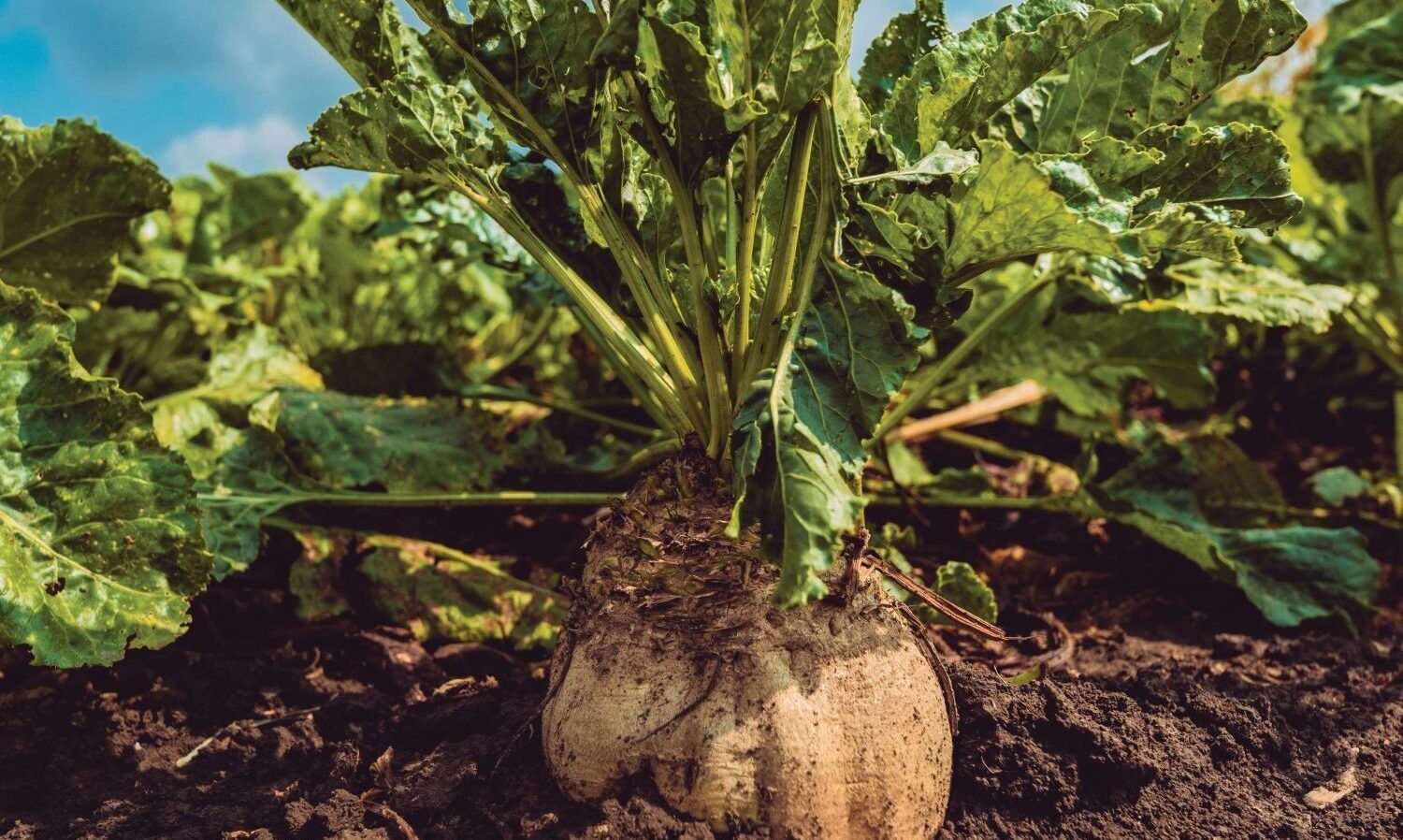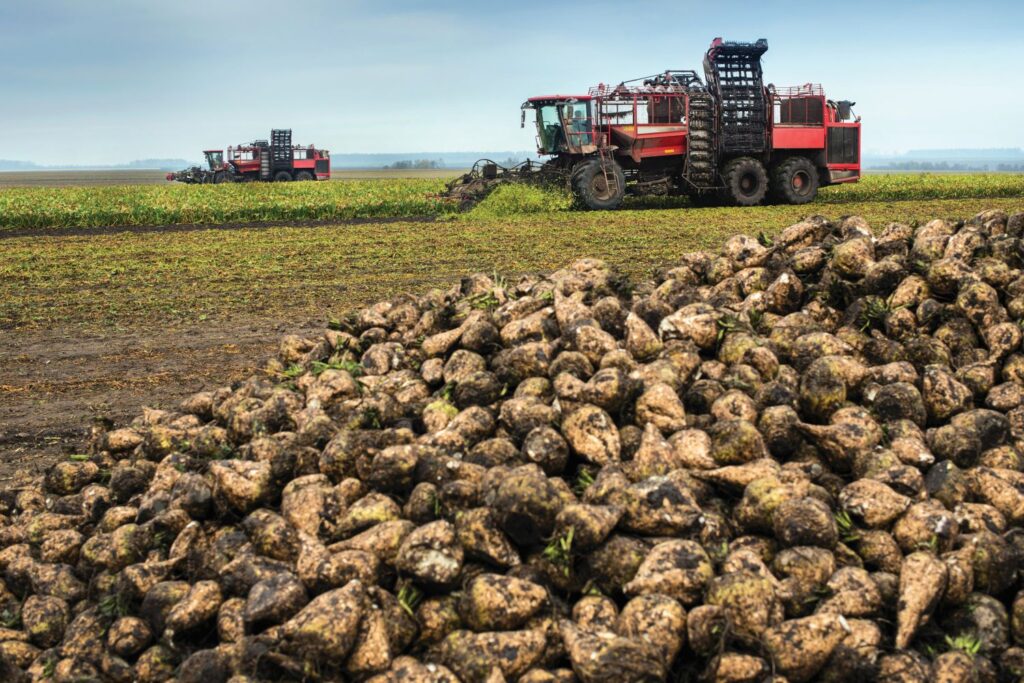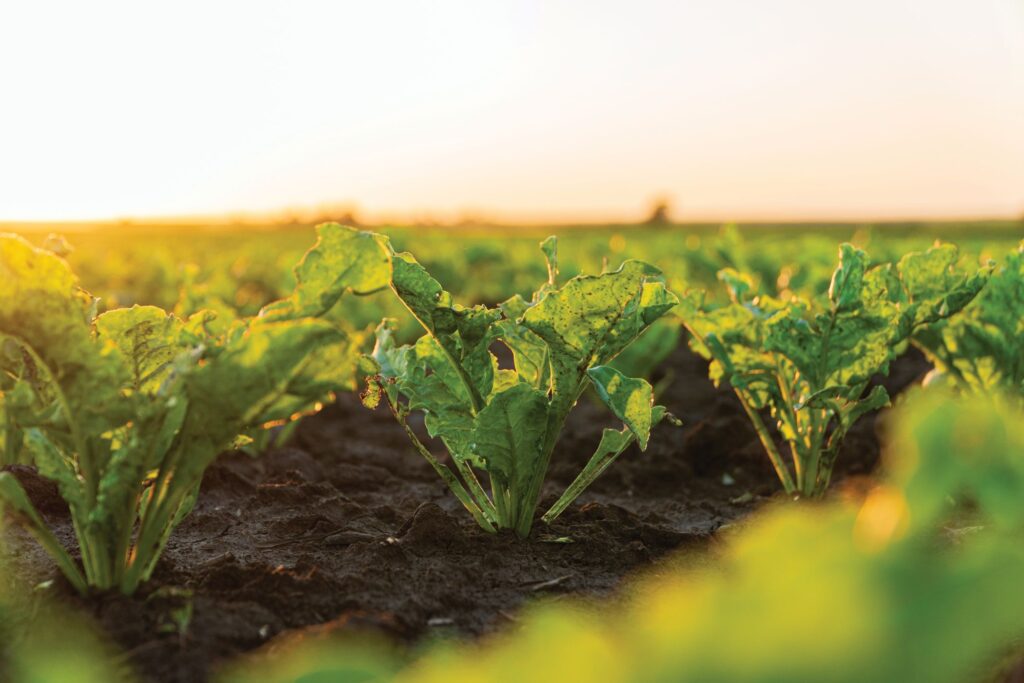In Michigan, the cooperative spirit runs deep—whether it’s powering homes or planting sugar beets, co-ops have brought people together around shared goals, mutual investment, and local leadership.
Headquartered in Bay City and founded in 1906, Michigan Sugar is the third-largest sugar beet producer in the United States, producing the well-known Pioneer Sugar brand. Today, the company includes about 865 grower-owners cultivating sugar beets on roughly 140,000 acres across 20 counties in Michigan and Ontario.
Unlike traditional corporations, Michigan Sugar—and electric co-ops around the state—operates with a people-first model. The growers and members are also the owners, with decision-making power and a shared stake in the outcome. It’s a system that keeps profits local, encourages innovation, and builds long-term value for communities. Michigan Sugar alone supports more than 1,000 full-time and 1,100 seasonal jobs and produces 1.3 billion pounds of sugar annually.
Few stories illustrate that better than the partnership between Michigan Sugar Company and the farming families who own it—families like the Briolats, who grow sugar beets as well as help govern rural electric policy.
“Being a part of two co-ops really shows you how similar the values are,” said Mike Briolat, who manages Briolat Farms alongside his brother, Steve, and son, Justin.“You’re making decisions for the long term, weighing investments, asking who’s tried what, and what worked. It’s all about making things better for your members and your community.”
While the Briolats have farmed for over 75 years on their land, sugar beets were a relatively new crop to them in the mid-80s. What started with planting 100 acres of sugar beets has turned into around 450 acres and harvesting 30 to 34 tons per acre—well beyond what they could have imagined back then.
The family’s connection to Michigan Sugar deepened in 2002, when the company officially became a grower-owned co-op. At the same time, Mike’s father, Leonard, served on the Thumb Electric Cooperative Board of Directors—a legacy Mike would continue. He has followed his father’s footsteps on both the farm and in TEC’s boardroom for Sanilac County’s District 2.
The Briolats have remained passionate about keeping those boards—like the land—growing and evolving. Staying open to change, while also honoring tradition, is another common thread amongst co-ops.
“You want fresh ideas in the field, and you need them in the boardroom too,” Briolat said. “And I am encouraged by some younger folks stepping up, bringing different perspectives. It’s good for the board, and it’s better for the members.”
Michigan Sugar continues to invest in grower programs, sustainability, and innovation to ensure the cooperative model stays strong—but its greatest strength is its people. Families like the Briolats bring not only generations of experience but dedication, know-how, and shared purpose to every acre.
“It’s not just about growing sugar beets,” Briolat said. “Cooperatives are about rolling up your sleeves and pitching in—supporting your neighbors, building a future for the next generation, and doing your part for the community.”








